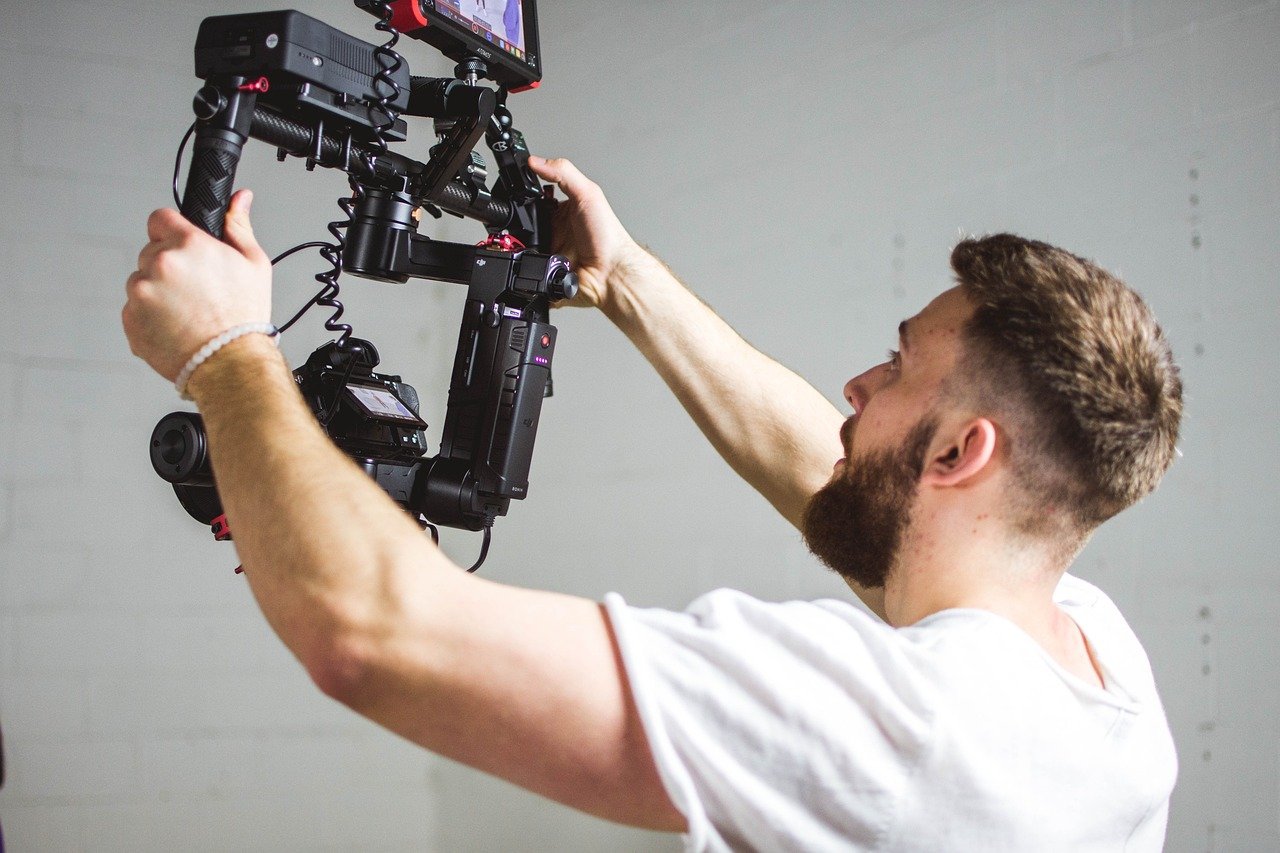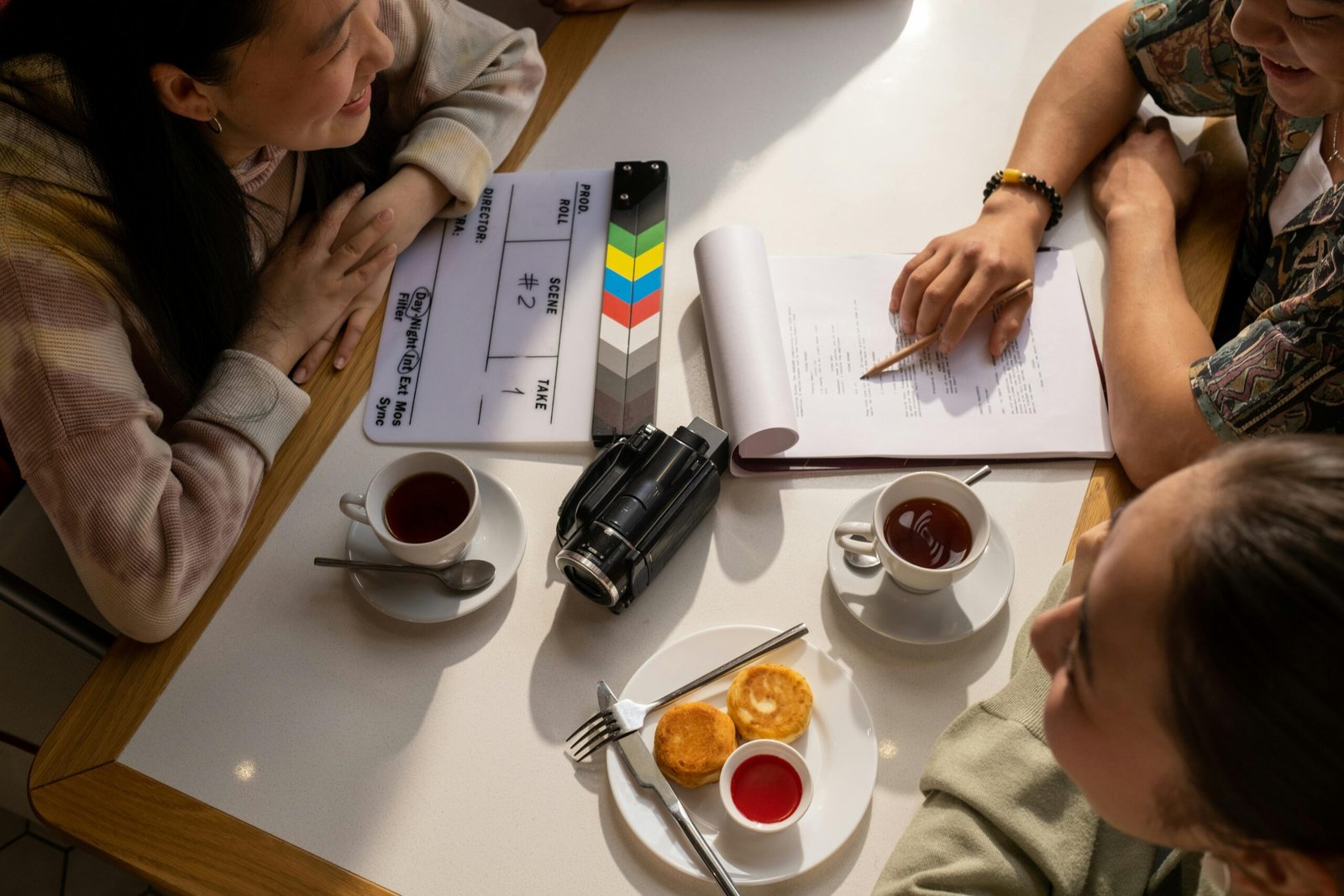The Critical Importance of Pre-Production Planning: Ensuring Filmmaking Success Lights, camera, action! But wait—before we…
How to Incorporate Artificial Intelligence into Your Filmmaking Workflow
Introduction
Artificial Intelligence (AI) is rapidly becoming an essential tool in many industries, including filmmaking. As technology advances, filmmakers are increasingly using AI to enhance their creative processes, streamline workflows, and produce films more efficiently. The use of AI in filmmaking is not just a futuristic concept—it’s already revolutionizing the way movies are made. In this article, we’ll explore how filmmakers can integrate AI into their workflows, from pre-production to post-production, and even distribution.
What is Artificial Intelligence?
Artificial Intelligence refers to the simulation of human intelligence in machines that are programmed to think, learn, and perform tasks that typically require human cognitive functions. In filmmaking, AI uses algorithms to process and analyze large amounts of data, making it possible to automate tasks, enhance creativity, and provide innovative solutions for filmmakers.
Why Filmmakers Should Embrace AI
Filmmakers often face tight deadlines, high production costs, and complex technical challenges. AI offers several advantages, such as:
- Efficiency and Time-Saving: Tasks like editing, color correction, and sound design, which once took hours or even days, can now be completed in a fraction of the time with AI tools.
- Innovation in Creative Processes: AI can suggest new creative directions, analyze scripts, and even generate unique content, helping filmmakers push the boundaries of storytelling and visual aesthetics.
AI Tools Revolutionizing Filmmaking
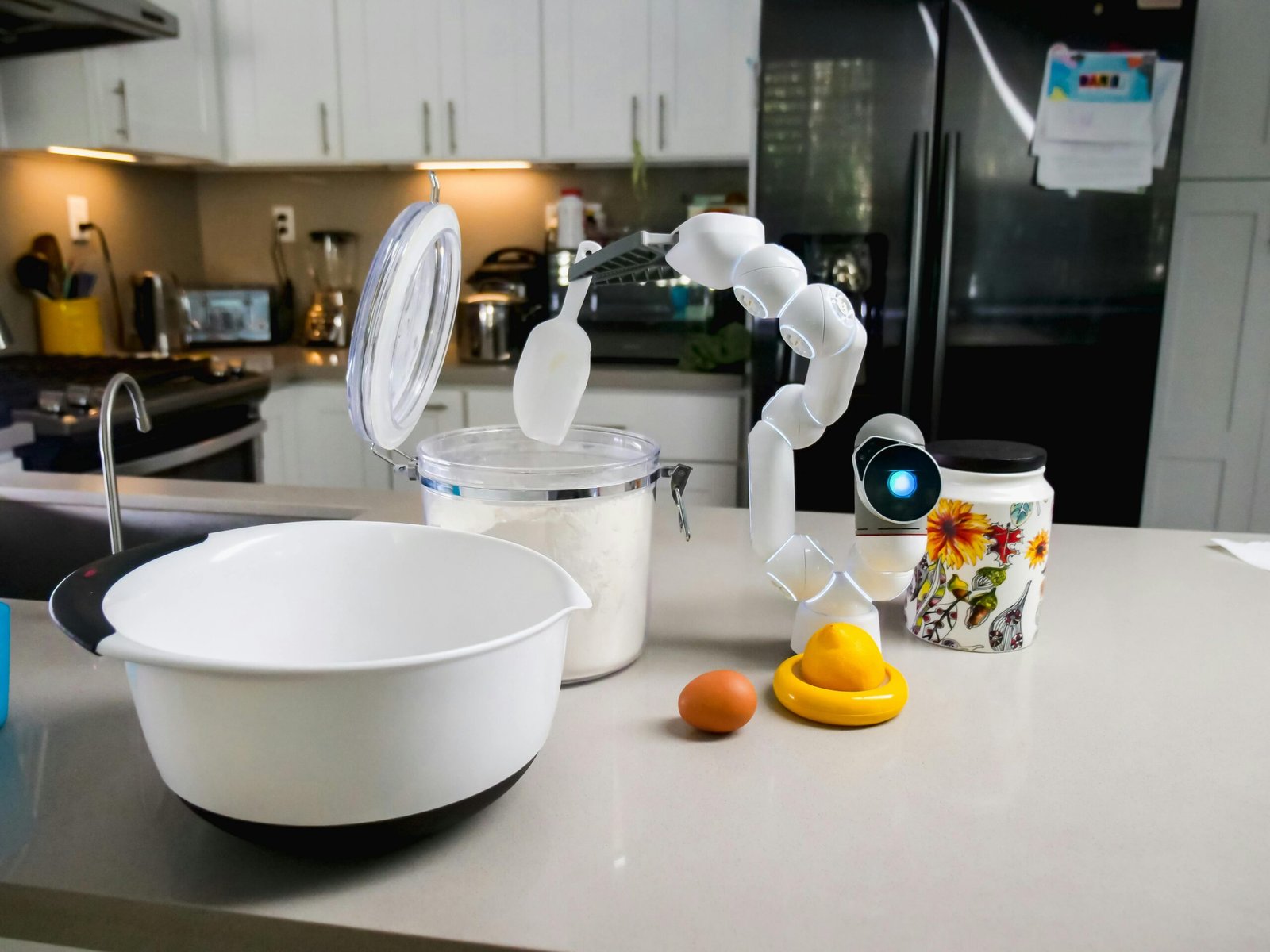
AI is transforming various aspects of filmmaking. Here are some AI-powered tools that filmmakers are using today:
Editing and Post-Production Tools
AI-driven video editing software, like Adobe Premiere Pro’s AI-powered features, automatically selects the best shots, cuts, and transitions based on the script and the director’s style. This reduces manual work and speeds up the editing process.
Scriptwriting and AI-Driven Plot Development
AI tools like ScriptBook and Final Draft are helping writers create and refine scripts by analyzing successful storytelling structures and predicting audience reactions. AI can even suggest changes to make the plot more engaging or help develop character arcs.
AI in Visual Effects (VFX)
AI is used to generate and enhance visual effects, automating tasks like motion capture, object removal, and creating realistic CGI elements. This reduces the cost and time of creating complex visual effects.
AI in Pre-Production
Pre-production is a critical phase of filmmaking, and AI is making significant strides here as well.
AI in Scriptwriting
AI can help scriptwriters by analyzing a vast array of existing screenplays to suggest potential plot points, characters, or themes that could make a script more appealing to audiences. Tools like Plotagon use AI to create animated characters based on script input.
AI for Casting Decisions
AI can analyze actor performances and select the best candidates for a role based on their previous work, screen presence, and compatibility with other cast members. This helps directors make data-backed casting decisions.
AI Tools for Location Scouting
AI tools can scan vast databases of location footage to suggest optimal filming locations based on factors like scenery, lighting conditions, and even budget constraints.
AI in Filming
AI’s role extends to the filming process itself, enhancing both the technical and creative aspects.
AI for Camera Movement and Stabilization
AI-powered cameras and drones are capable of autonomously adjusting their positions, tracking subjects, and stabilizing footage in real-time, ensuring smooth and cinematic shots without the need for manual intervention.
Enhancing Cinematography with AI
AI can analyze lighting and composition to suggest camera angles, focus points, and framing techniques that enhance the overall aesthetic of the shot.
AI in Post-Production
Post-production is one of the most AI-heavy phases of filmmaking, where automation can save a tremendous amount of time and effort.
Video Editing with AI
AI-powered editing tools like Magisto or Filmora can automatically cut and assemble footage, matching the tone of the project and syncing clips to a chosen soundtrack or voiceover.
Color Grading Powered by AI
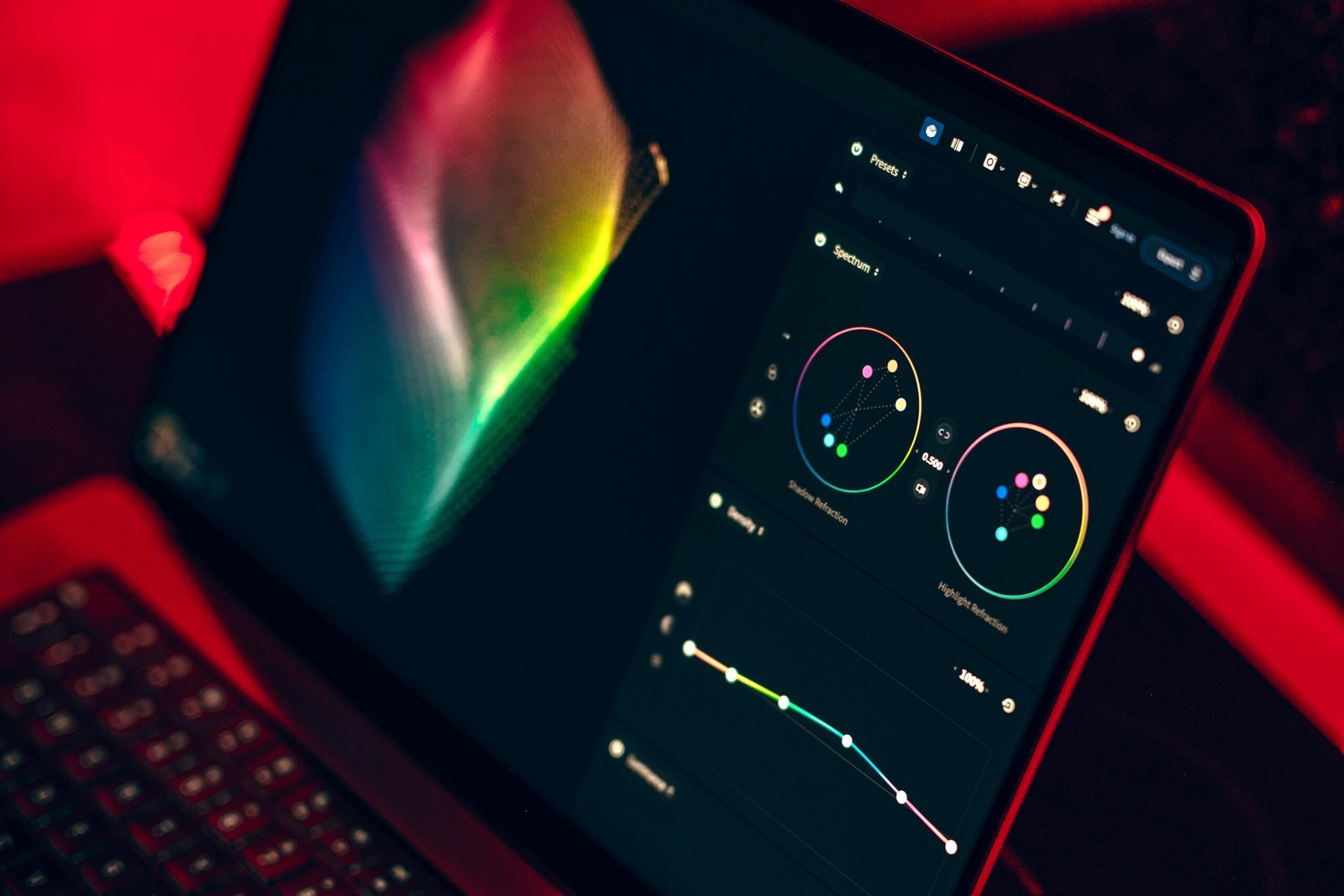
AI can help colorists achieve the perfect look by automatically adjusting the brightness, contrast, and saturation of the footage to match the desired style, saving time while maintaining a high-quality finish.
Sound Design with AI Technology
AI tools can analyze audio tracks, detect unwanted noise, and even create sound effects based on the scene’s mood, eliminating the need for extensive manual editing.
How AI Is Shaping the Future of Film Distribution
Once a film is made, AI continues to play a crucial role in how it reaches audiences.
AI and Audience Targeting
AI helps filmmakers and distributors understand audience preferences by analyzing past viewing habits and demographics. This enables targeted marketing and promotions, ensuring that films are seen by the right people.
Personalized Recommendations
AI-powered platforms like Netflix and Amazon Prime use algorithms to recommend films based on a viewer’s preferences. This allows filmmakers to gain more exposure and attract the right audience.
Challenges of Using AI in Filmmaking
Despite its advantages, integrating AI into filmmaking comes with challenges:
Ethical Considerations
There are concerns about the ethical implications of AI in the creative process, particularly when it comes to deepfake technology and the potential for AI to mimic or replace human creativity.
Cost and Accessibility of Technology
While AI tools are becoming more affordable, they can still be expensive for independent filmmakers or smaller production companies.
Overcoming Challenges: How to Successfully Integrate AI
Successfully integrating AI into your filmmaking workflow requires a strategic approach:
- Training and Learning New Tools: Filmmakers need to stay updated on the latest AI tools and invest time in learning how to use them effectively.
- Collaboration with AI Experts: Partnering with AI specialists can help filmmakers understand the technology and incorporate it into their projects seamlessly.
Success Stories: How Filmmakers are Using AI
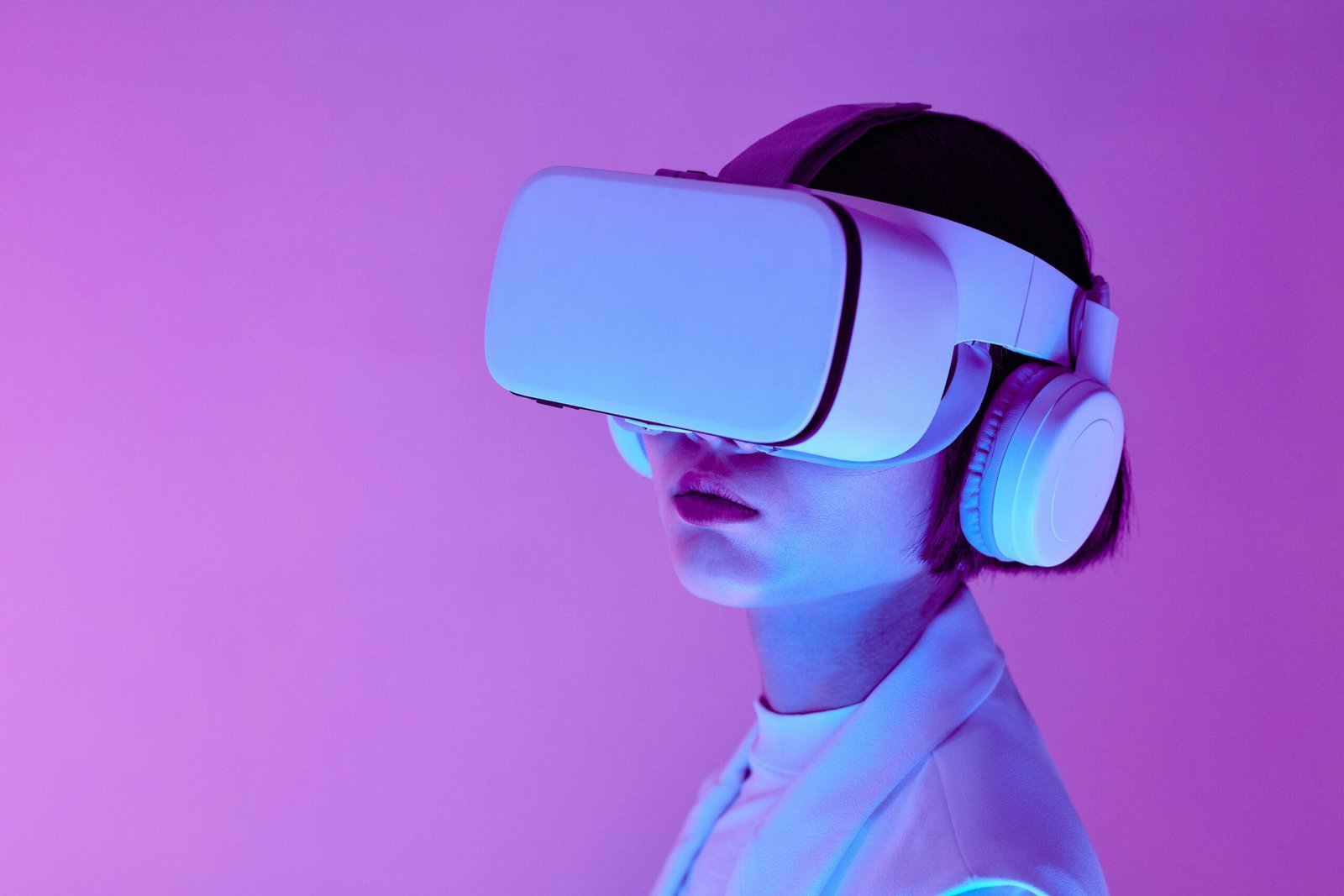
Many filmmakers have already embraced AI, with some even using it in their award-winning projects. For example, the movie “The Irishman” used AI for de-aging actors, while AI was also utilized in the creation of CGI elements in “Avengers: Endgame.”
The Future of AI in Filmmaking
Looking ahead, AI will continue to evolve and become an even more integral part of filmmaking. As technology improves, we can expect more sophisticated tools that enable filmmakers to create higher-quality content with greater ease and innovation.
Conclusion
Incorporating AI into your filmmaking workflow is no longer a distant dream—it’s a reality. By embracing AI, filmmakers can streamline production, enhance creativity, and open new possibilities in both storytelling and technical execution. Whether you’re in pre-production, filming, or post-production, AI can be your partner in bringing your vision to life faster and more efficiently. The future of filmmaking is here, and it’s powered by artificial intelligence.
FAQs
- What are some examples of AI tools for filmmakers?
AI tools for filmmakers include Adobe Premiere Pro for editing, Final Draft for scriptwriting, and tools like DeepBrain for generating CGI effects. - Can AI replace human filmmakers?
While AI can automate many technical aspects, human creativity is still essential for crafting compelling stories. AI is a tool that enhances the process rather than replacing it. - How can I start integrating AI into my filmmaking process?
Start by exploring AI tools for editing, scriptwriting, and post-production. Learn the basics of AI technology and experiment with free or low-cost tools. - Are AI-powered tools expensive for independent filmmakers?
While some AI tools can be costly, there are affordable options available for independent filmmakers. Many platforms offer free trials or subscription models that make AI accessible. - How does AI improve visual effects in filmmaking?
AI improves VFX by automating processes like motion capture, character animation, and generating realistic CGI, saving time and reducing costs.

